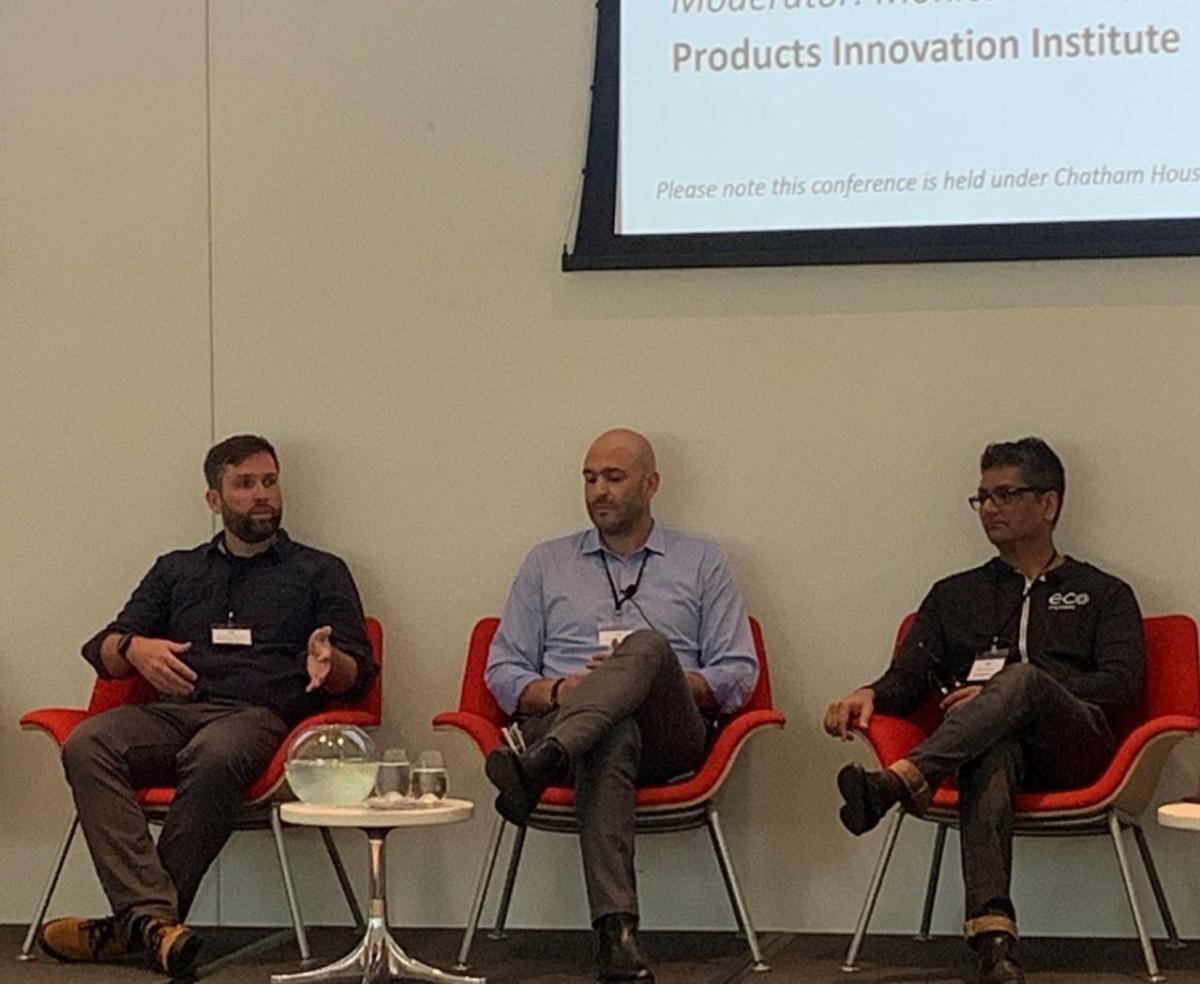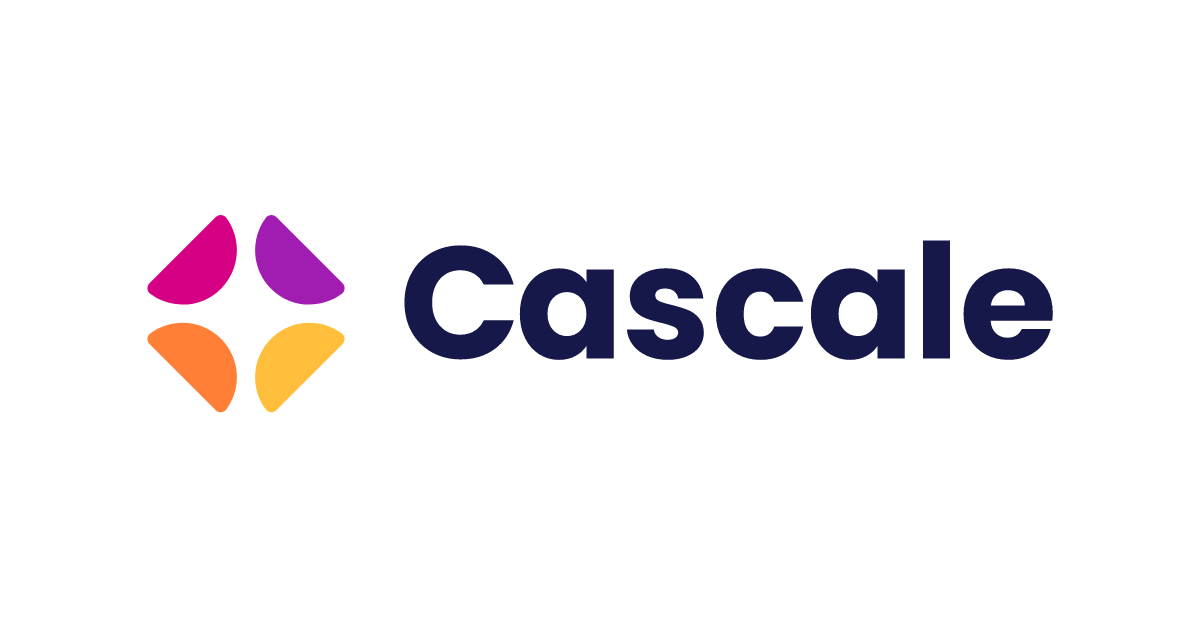Sustainable Apparel Coalition Highlights Importance of Deepening Industry Collaboration and Collective Action for Credible Data

Director of Higg Products, Aaron Di Silvestro, spoke at the Sustainable Apparel and Textiles Conference, which took place in New York on June 21 - 22. The event, which the Sustainable Apparel Coalition partnered on with Innovation Forum, brought industry experts to discuss the urgency with which brands need to align their practices with growing stakeholder expectations and develop strategies for achieving net-zero, transforming supply chains, engaging consumers, scaling circularity, and driving positive social impacts.
Speaking on a panel titled, Material dilemmas: How to obtain credible data on the full impact of material decisions, Di Silvestro joined Alon Schnitzer, Sustainable Packaging Expert, Solutum, and Shashi Menon, CEO, EcoEngineers, to discuss challenges in obtaining credible data on the full impact of material decisions and how the industry can collaborate to address this.
The discussion kicked off with the panelists identifying a number of major challenges facing the industry such as understanding what data needs to be collected in order to make credible claims. They agreed that the lack of a clear and widely accepted industry methodology for making claims results in a lack of clarity on what data is needed.
Lack of collaborative processes for data collection and analysis was another identified challenge Often, this results in industry members independently pursuing work that has already been completed, leading to divergent methodologies that reduce credibility and increase the cost of obtaining and using data. The panelists also identified a lack of clarity and agreement around what “impact” means. This leaves any data, no matter how well founded, open to critique.
The panel went on to discuss opportunities for the industry to address these challenges and agreed that industry collaboration is necessary to reduce duplicative work around data gathering and analysis in order to clearly define what impacts should be measured and communicated and how. The panelists highlighted risks that the textile and apparel, packaging, and energy transition industries could face by deciding to wait on guidance from regulators to determine the nature of credible data, which could ultimately end up being insufficient to drive progress.
Instead, the panel suggested specific solutions – including the use of Open Supply Hub identifiers in internal and external industry data sets, as well as aligning on LCA and emission factor data sources – to help industry players identify and align on what credible data is and how it can be obtained.
The panel discussion featured a number of questions from attendees relating to the interplay between credibility and quality. It was evident from the discussions that there is a critical need to align on the quality of data before making decisions.
The panelists also agreed that data quality is only a single part of the credibility equation and that it is critical to ensure that data is run through the same models, then compared and used in similar ways, which is as – if not more – important than increasing the accuracy of our existing data points.
The discussion concluded with the panelists agreeing that there are concrete actions industry players can take to both obtain credible data and define the data they need. Finally, the panelists called for collaboration across the industry and again stressed the importance of credible data to incentivize the industry.

